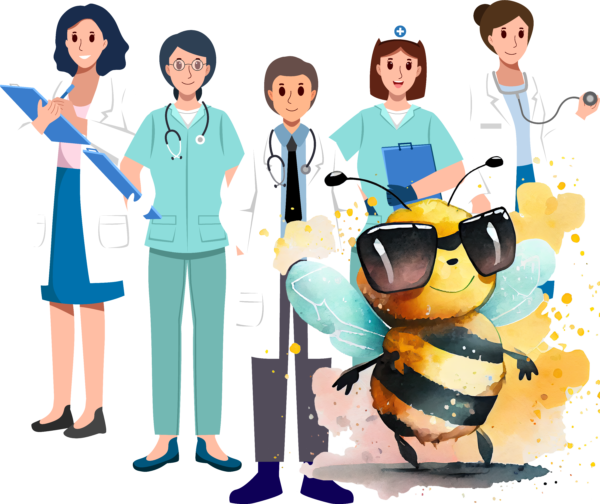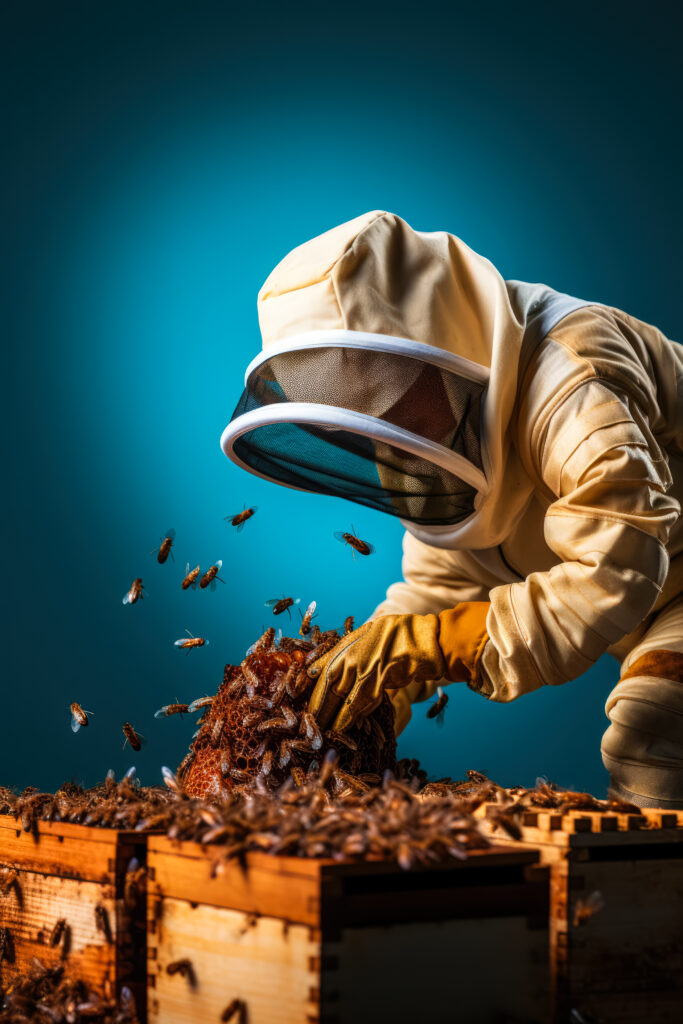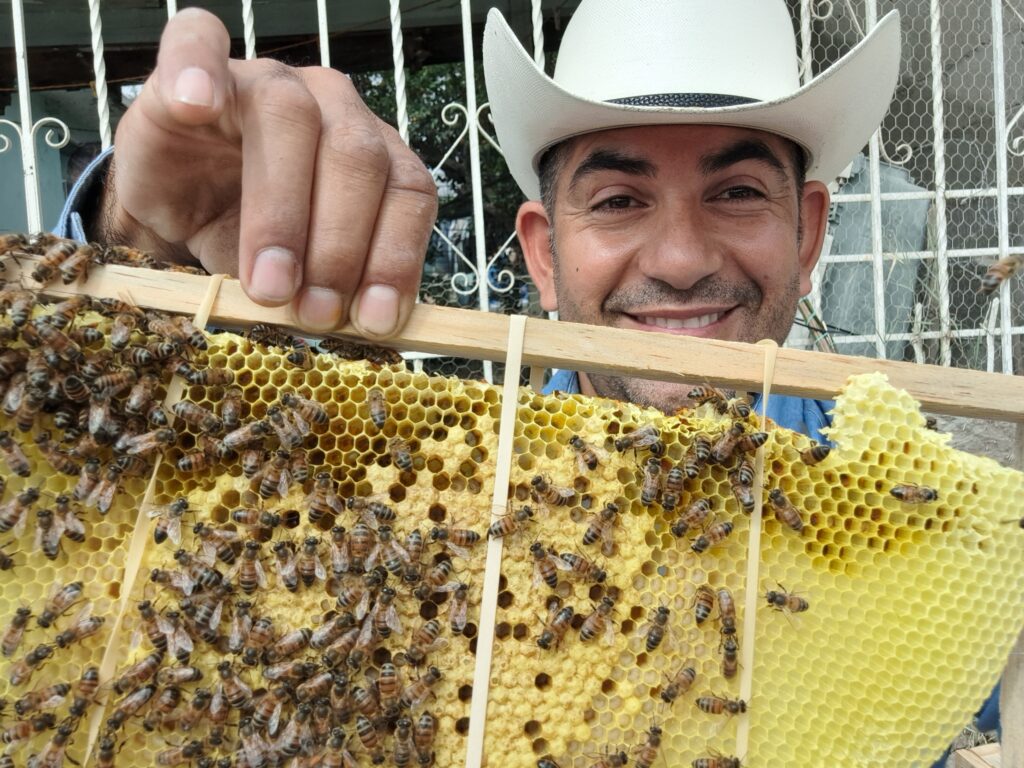Bees Health and Disease Management.
Introduction to Apiculture: Apiculture, or the rearing and care of bees, is an ancient practice that has evolved over time to become a significant activity in agriculture and biodiversity conservation. One of the fundamental aspects in this field is the management of bee health and the control of bee diseases, the study and application of which have become a critical pillar of modern apiculture. In this text, we will explore in-depth the category of "Bee Health and Disease Management" to understand its importance, challenges, and advances in this critical field.
1. Bee Health: Bee health is a central component of apiculture and refers to the vitality, well-being, and resilience of bee colonies. Several threats can affect bee health, including:
Pesticides: Exposure to pesticides, especially neonicotinoids, can have detrimental effects on bees, damaging their nervous systems and navigational abilities.
Parasites: Common parasites like Varroa destructor mites and Nosema spp. can weaken bee colonies and transmit diseases.
Malnutrition: Lack of access to proper food resources can weaken bees and increase their susceptibility to diseases.
2. Disease Management: Disease management in apiculture involves a set of practices and strategies used to prevent, control, and treat diseases affecting bees. Some of the most common diseases in bee colonies include:
Varroasis: A disease caused by the Varroa destructor mite, which weakens bees by feeding on their hemolymph and transmitting viruses.
Nosemosis: Caused by the microsporidian Nosema spp., this disease affects the intestinal tract of bees.
European and American Foulbrood: These are bacterial diseases that can cause devastation in bee colonies.
3. Management Strategies: Disease management strategies include:
Maintaining Healthy Hives: This involves ensuring that colonies have enough food, water, and appropriate shelter.
Use of Chemical and Biological Treatments: Chemical and biological treatments such as oxalic acid, Apistan strips, and the introduction of disease-resistant queen bees are employed for mite and pathogen control.
Genetic Improvement: Selective breeding of disease-resistant bees is an emerging strategy to reduce susceptibility to diseases.
Education and Monitoring: Beekeepers must be trained to identify signs of diseases and conduct continuous monitoring.
4. Research and Advances: Ongoing research is essential for developing more effective strategies for bee health and disease management. Advances in bee genomics, early disease detection, and the breeding of disease-resistant bees are revolutionizing apiculture and disease management.
5. Importance of Bee Health and Disease Management: The care of bee health and the management of bee diseases are crucial for the sustainability of apiculture and global food security. Bee pollination is critical for a wide range of crops, and the loss of bee colonies due to diseases could have catastrophic consequences for food production.
In summary, the category of "Bee Health and Disease Management" is at the forefront of modern apiculture, addressing the challenges faced by bee colonies due to diseases and environmental threats. Bee health and disease management are essential to ensure the survival of these valuable pollinators and to maintain the balance of agricultural production and biodiversity on our planet. Ongoing research and the application of effective management practices are key to this constantly evolving field.




